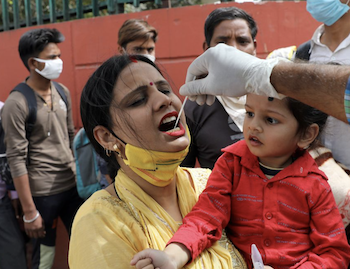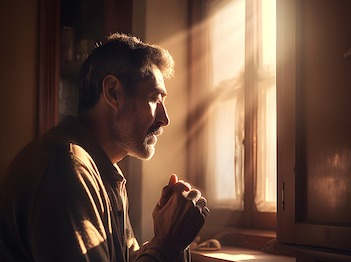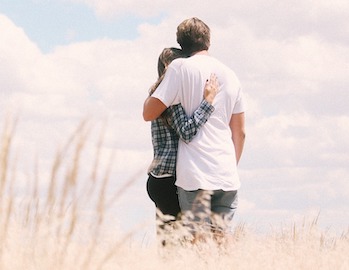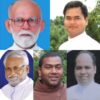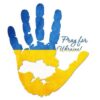India has recorded 2,47,417 new coronavirus infections, the highest single-day rise in the ongoing wave.
An increase of 1,62,212 cases has been recorded in a span of 24 hours. The country also recorded 84,825 recoveries today, taking the total number of recoveries to 3,47,15,361.
India has marked 380 deaths in the last 24 hours, pushing the total death toll to 4,85,035, as per data released by the Ministry of Health on Thursday (January 13, 2022).
The active number of cases stand at 11,17,531.
Most infected people have recovered at home and the level of hospitalisations has been less than half of that seen during the last major wave of infections in April and May.
Many states have announced night curfews while the capital Delhi has also imposed a weekend lockdown, closed private offices as well as restaurants and bars in a bid to rein in the fast-spreading Omicron variant.
Meanwhile, nearly one million worshippers are expected to gather on the banks of the Ganges river this Friday and Saturday for a holy bathe despite galloping Covid-19 infections across the country, an official told Reuters.
Tens of thousands of Hindu pilgrims have already reached the site of the annual Ganges ritual on an island in the eastern state of West Bengal, which is reporting the most number of cases in the country after Maharashtra state in the west.
“The crowd may swell to anywhere between 800,000 to one million. We are trying to implement all Covid protocols,” Bankim Chandra Hazra, a West Bengal minister in charge of organising the festival known as the Gangasagar Mela, told Reuters.
“We have also arranged for sprinkling of the holy water from drones so that there is no crowding … but the sadhus (Hindu holy men) are bent on taking the dip. We can’t prevent them.”
A similar big religious festival in the north of India last year helped spread the Delta variant that infected millions of people and killed tens of thousands.
The Calcutta High Court, responding to a plea from doctors who are worried the festival could become a virus “super spreader” event, ruled on Tuesday that all pilgrims must be tested for Covid-19.
It was not immediately clear how so many pilgrims could be tested over the next few days or if the ruling would be enforced.
Doctors had appealed to the court to reverse the decision to allow the festival this year. Bhramar Mukherjee, professor of epidemiology at the University of Michigan, has said the gathering could be “disastrous”.
(ANI, Reuters)

